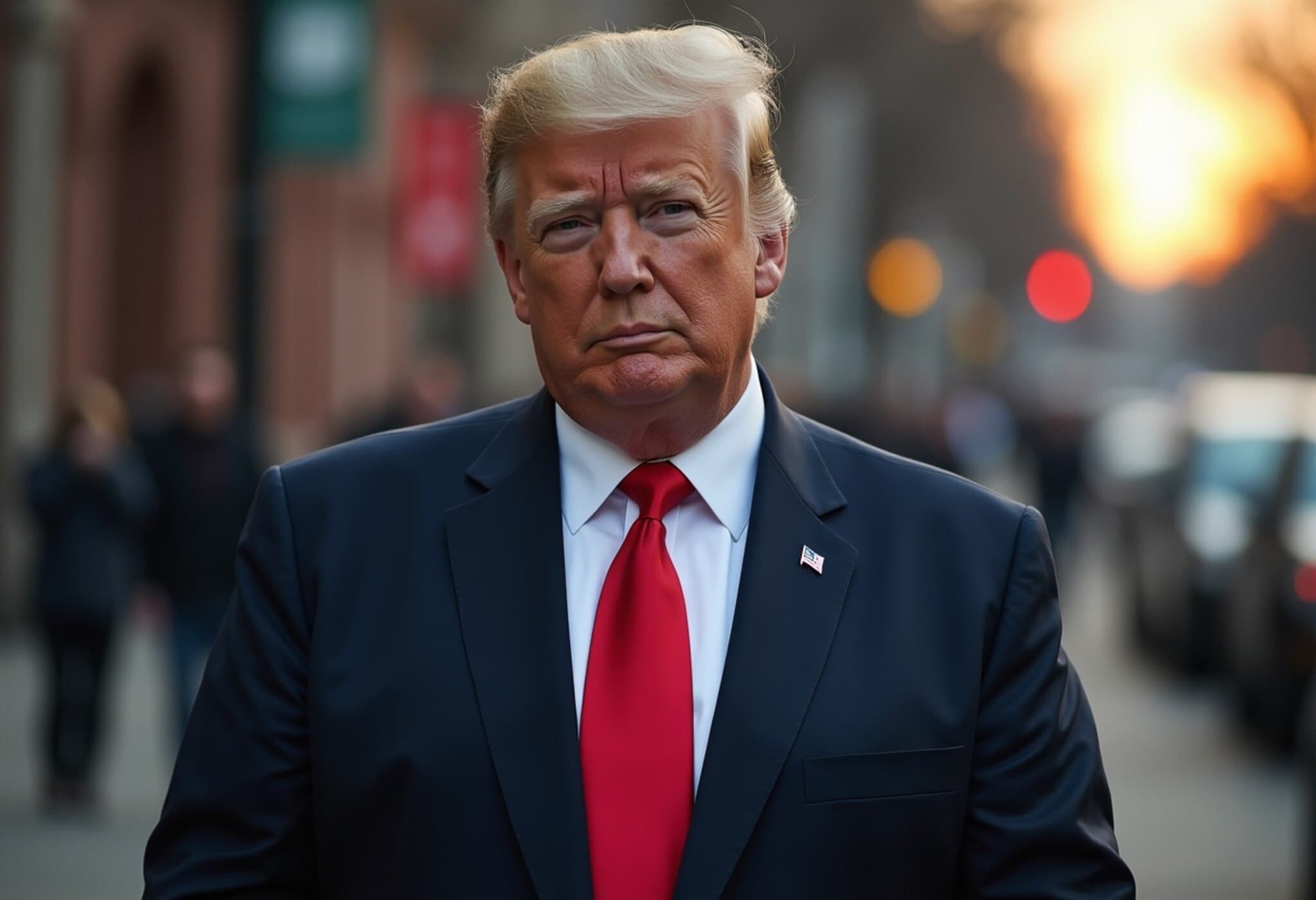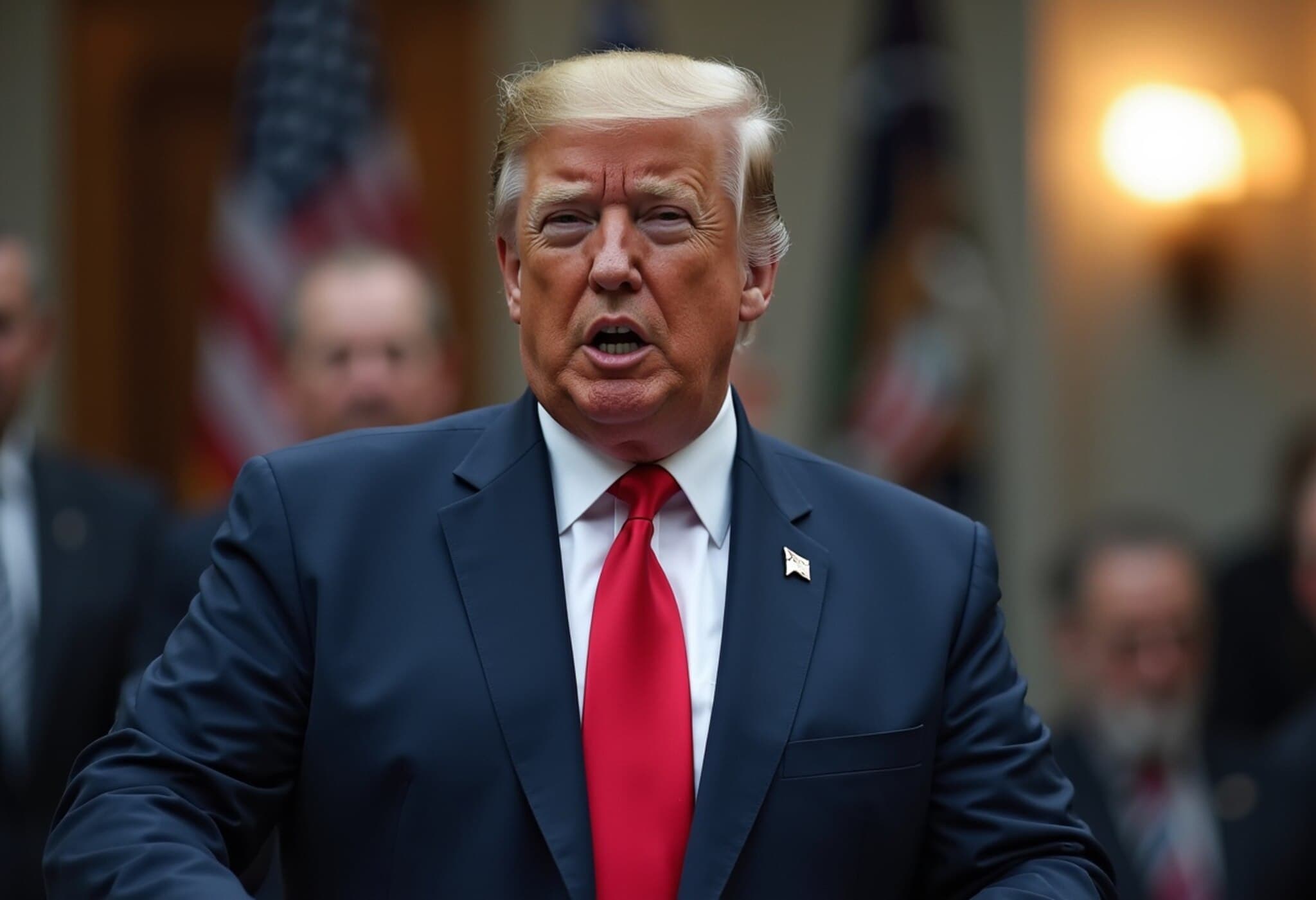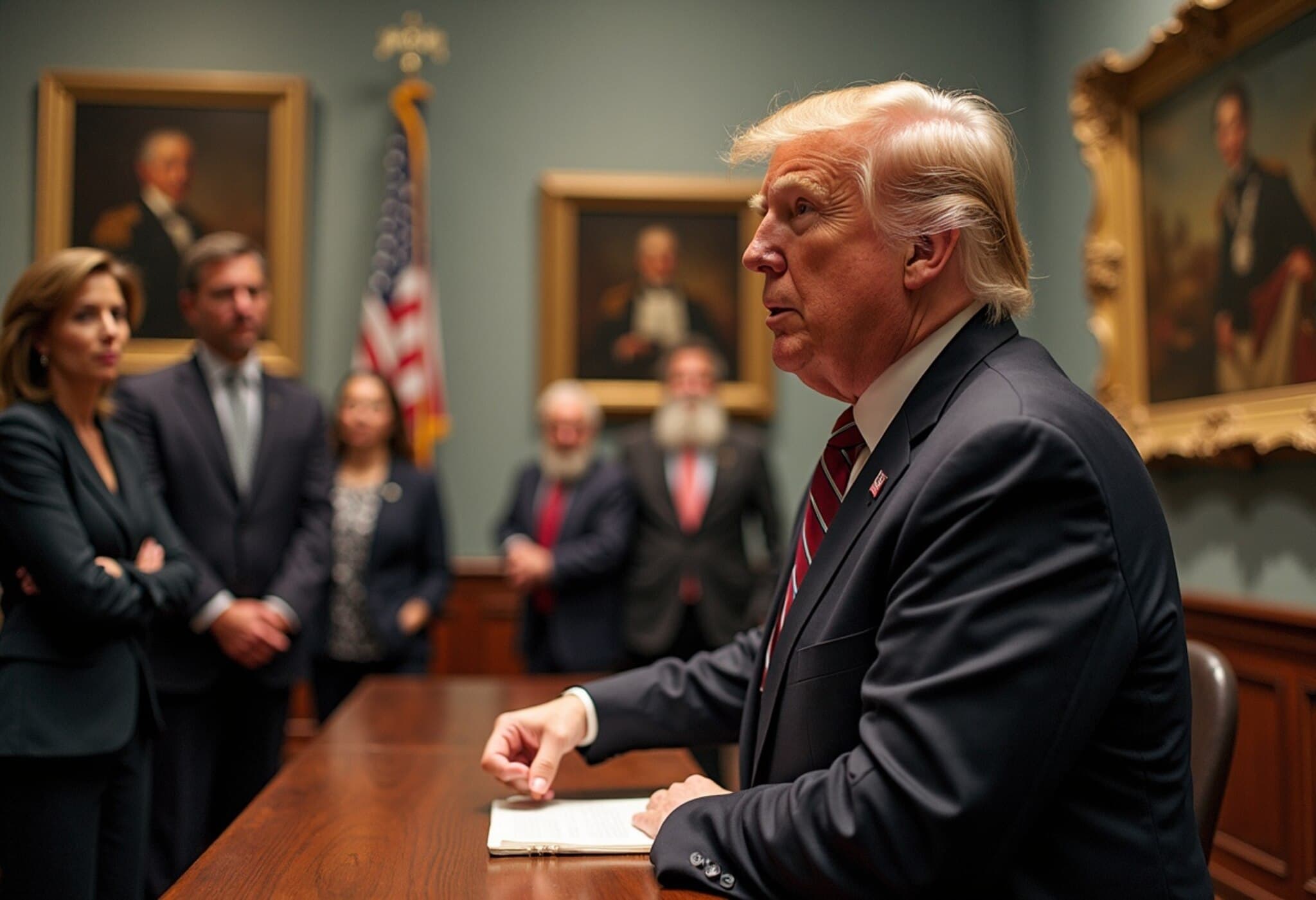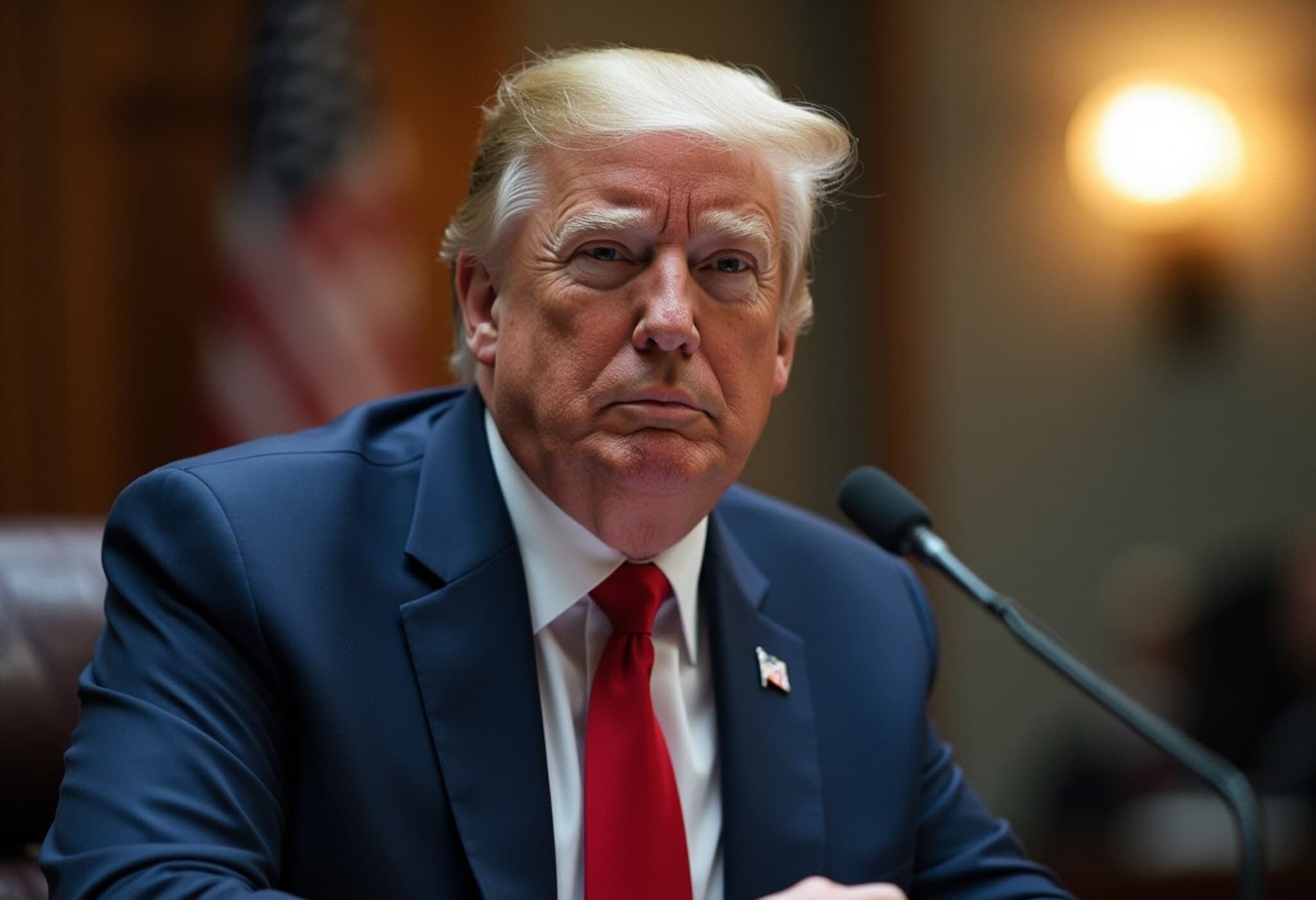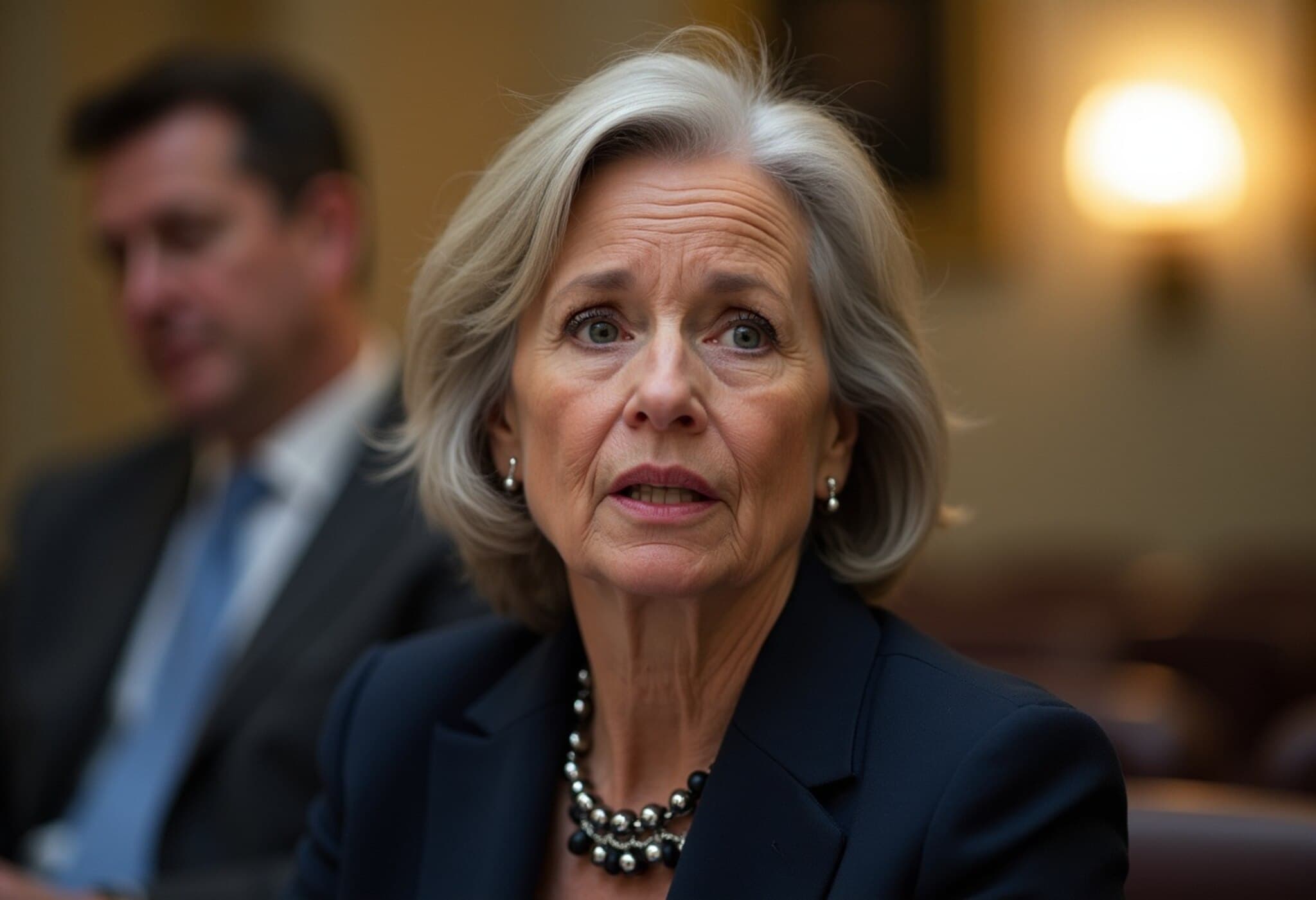New CBO Analysis Unveils Impact of 2025 Tax Law on American Households
In a recent report, the nonpartisan Congressional Budget Office (CBO) has shed light on the uneven effects of the 2025 tax and spending legislation championed by President Donald Trump and passed by a Republican-controlled Congress. Though the bill promises overall tax relief, the CBO cautions that its benefits disproportionately favor the wealthiest Americans, while many low-income households face reduced incomes and diminished government assistance.
Top 10% Earners Pocket the Largest Gains
The CBO's projections reveal a stark financial divergence: the richest 10% of Americans could see an average income boost of roughly $13,600 annually thanks to significant tax cuts included in the law. Middle-income earners are expected to gain some relief as well, though comparatively modest.
Hardship Looms for Poorest Americans
In contrast, the bottom 10% of earners stand to lose approximately $1,200 per year, largely driven by tightened eligibility for critical government programs like Medicaid and the Supplemental Nutrition Assistance Program (SNAP). The CBO estimates that about 2.4 million Americans could lose SNAP benefits due to newly imposed work requirements. Moreover, by 2034, over 10 million individuals may lose Medicaid coverage as a direct result of the law’s spending cuts.
These anticipated cutbacks threaten to deepen economic insecurity among already vulnerable populations, underscoring the debate over the priorities embedded in the legislation.
Political Reactions: Divided Interpretations and Debates
Democrats have been vocally critical, framing the legislation as a giveaway to the wealthy at the expense of the working class and poor. Representative Brendan Boyle, the top Democrat on the House Budget Committee, described the bill in a recent MSNBC interview as "a big, beautiful bill for billionaires," while warning it leaves lower-income Americans worse off.
On the other side, Republican lawmakers argue that the tax cuts will ignite economic growth and ultimately benefit all Americans. Representative Jason Smith, chair of the House Ways and Means Committee, challenged the CBO’s findings, claiming the office’s estimates have historically been flawed and politically biased towards increased spending and taxation.
Meanwhile, town halls across various Republican districts reflect a growing tension. In Lincoln, Nebraska, residents openly chanted "Tax the rich" as Republican Representative Michael Flood faced tough questions defending the bill.
Administration Defends Legislation Amid Backlash
The White House, however, remains steadfast. Deputy Press Secretary Abigail Jackson praised the measure as "putting America First" and emphasized its role in "delivering huge savings for hardworking families, boosting our economy, and securing our borders." This messaging highlights the administration’s focus on economic nationalism and a pro-growth narrative despite headwinds from critics and affected communities.
Understanding the Broader Implications
This legislation arrives amid broader national concerns about economic inequality and the sustainability of social safety nets. Analysts caution that while tax cuts might stimulate certain sectors, the reduction in assistance programs can have multiplier effects, eroding both health and nutrition outcomes for millions of Americans.
- Economic experts warn that increased disparities could strain public health and education systems.
- Policy advocates emphasize the need for a balanced approach that protects vulnerable populations.
- Lawmakers on both sides face a tricky path navigating public sentiment and fiscal realities.
As the full consequences of this law unfold over the coming decade, watchdog groups and analysts will continue monitoring its impacts, posing essential questions about the intersection of tax policy, social equity, and long-term fiscal health.
Editor’s Note
The CBO’s findings invite crucial reflection: How should policymakers balance economic growth with social equity? Can tax reforms serve the dual purpose of fostering prosperity and safeguarding vulnerable communities? This evolving debate reminds us that the outcomes of policy extend far beyond Wall Street, reaching deep into the everyday lives of Americans across the income spectrum.
Stay informed as this story develops, and consider how tax laws shape not only the economy but the social fabric of the nation.











